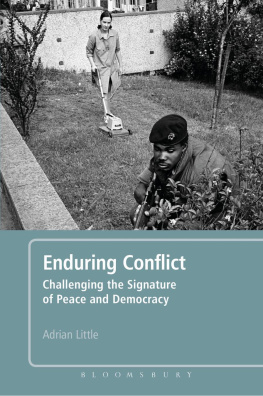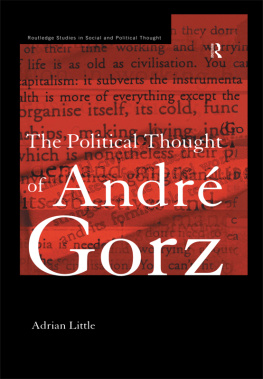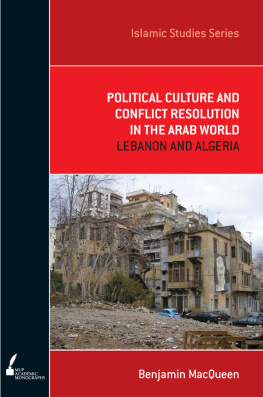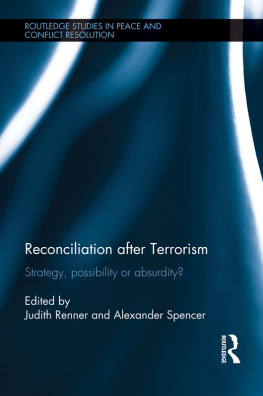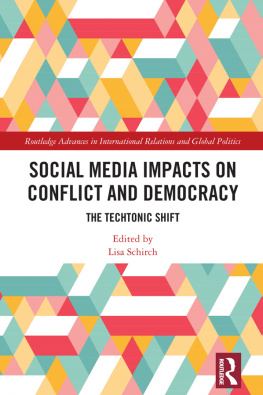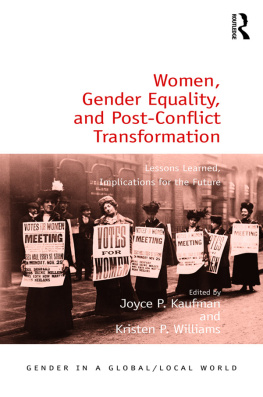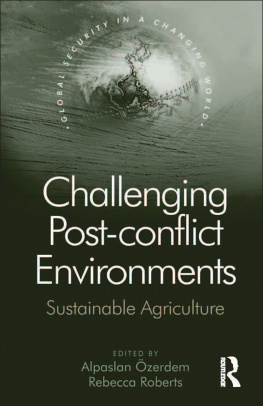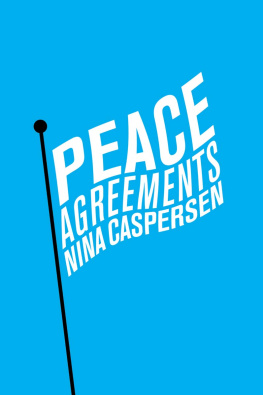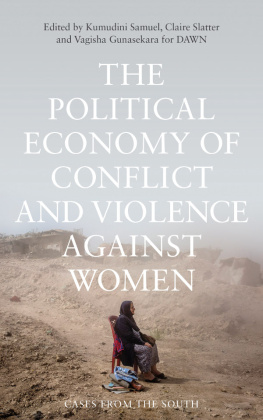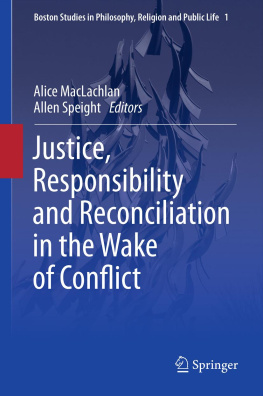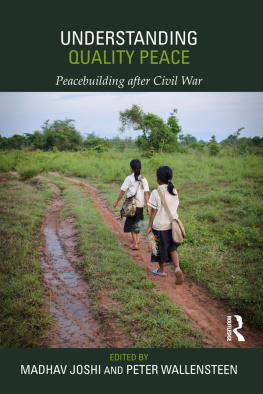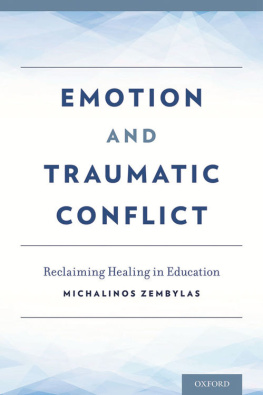T his book is the result of eight years of research. Much of this has been theoretical work but it has also involved research trips to Northern Ireland, Australia, South Africa and Cambodia. Most of these have been funded by the Faculty of Arts and the School of Social and Political Sciences at University of Melbourne, but more recently I have been the beneficiary of research support from the Australian Research Council through a Discovery project entitled Resistance, Recognition and Reconciliation in South Africa and Northern Ireland Lessons for Australia with collaborators including my colleagues at Melbourne, Juliet Rogers and Mark McMillan, and Paul Muldoon from Monash University, Erik Doxtader from the University of South Carolina and Andrew Schaap from Exeter University. I am also grateful to colleagues at the University of Cape Town and the Institute for Justice and Reconciliation in Cape Town, and the Institute of Irish Studies at Queens University Belfast for their help in facilitating a number of events and research trips which inform the book. I also want to acknowledge Roger Southall for his assistance in my appointment as a Research Associate in the Department of Sociology at Witwatersrand University and facilitating my travel to Johannesburg. I am grateful for comments along the way from numerous contributors to these events and others including, most notably, Fanie Du Toit, Jaco Barnard-Naude, Youk Chhang, Caitlin Reiger, Henrik Bang, Anders Berg-Sorenson, Sarah Maddison, Rupert Taylor, Michael Crozier, Dominic Bryan and Katy Hayward.
The ideas informing the book have been presented at numerous conferences over the last eight years and I am grateful for the multiplicity of comments I have received from these audiences. These include papers and lectures delivered at the Australian Political Studies Association Annual Conference each year since 2004 organized by the universities of Adelaide, Otago, Newcastle, Monash, Queensland, Macquarie, Melbourne, ANU and Tasmania, the New Zealand Political Studies Association conference in Auckland in 2009, the UK Political Studies Association in Edinburgh in 2009, the Institute of Irish Studies at Queens University Belfast in 2009, the Western Political Science Association in San Francisco in 2009, the Department of Political Science at Copenhagen University in 2011, the Department of Society and Globalisation at Roskilde University in 2011, the Global Studies conference in Rio De Janeiro in 2011, the International Studies Association conferences in San Diego in 2012 and San Francisco in 2013, and the International Political Science Association congress in Madrid in 2012.
The research trips to Northern Ireland in 2006 and 2010, South Africa in 2011 and 2013 and Cambodia in 2011 and 2012 have also informed other publications and some sections of the book have appeared in different forms in earlier publications. These include elements of Chapter 4 in Debating Peace and Conflict in Northern Ireland: Towards a Narrative Approach, in K. Hayward and C. ODonnell (eds) Political Discourse and Conflict Resolution: Debating Peace in Northern Ireland , London: Routledge (2010), Chapter 5 in Rhetorics of Reconciliation: Shifting Conflict Paradigms in Northern Ireland, in A. Hirsch (ed.) Theorizing Post-Conflict Reconciliation: Agonism, Restitution and Repair , London: Routledge (2012), Chapter 6 in Disjunctured Narratives: Rethinking Reconciliation and Conflict Tranformation, International Political Science Review , vol. 33, no. 1, pp. 8298, (2012) and Chapter 7 in Political Action, Error and Failure: The Epistemological Limits of Complexity, Political Studies , vol. 60, no. 1, pp. 319, (2012).
I would also like to acknowledge the support and critical commentary I have received along the way from professional staff and academic colleagues in the School of Social and Political Sciences at the University of Melbourne.
The book is dedicated to Kate and Niamh Macdonald.
W hy does the resolution of conflict play such a significant role in the contemporary politics of complex, pluralistic societies? Why is it assumed that the normative basis on which most ordinary societies operate is devoid of the kinds of conflict that permeate societies with a less cohesive foundation? And what are the gymnastics of imagination, language, remembering and forgetting that enable the construction of a normal state of social and political life in which conflict is absent or has been eradicated? This book analyses the assumption that the absence of conflict is a normative good for pluralistic societies and questions why the lack of such conflict is assumed to be the foundation of a stable political environment. In so doing, it investigates the many assumptions that underpin these normative perspectives and the ways in which they have developed within the literature on international politics and on the politics of peace and conflict resolution.
The cover photograph of this book encapsulates its key themes in one shot. It was taken by Philip Jones Griffiths in Belfast in 1973 and reflects how, even during the most violent and turbulent part of the Troubles, everyday life continued and had to endure. The conflict in Northern Ireland permeated every aspect of everyday life and continues to do so but, at the same time, normal life proceeded in the particularly unusual form in which it had come to be understood in the Northern Irish context. Amid the turbulence, unrest and violence and the corollary pursuit of security, people mowed lawns, laundered their clothes, cooked their dinners, walked into pubs and staggered out again, went to churches and carried out similar everyday tasks in much the same way as other people did in a wide variety of contexts around the world. The conflict was integral to Northern Ireland and, as much as many people on different sides of the sectarian divide did not like it, the presence of the British Army on the streets of Northern Ireland in the 1970s became part of the new normal.
But at the same time as the rituals of regular life continued, the new normal involved living with constant conflict from the threat of paramilitary and/or state violence, to police stop and search powers, to the control of entry to Belfast city centre by the security forces, to the interruption of regular television programming to warn of the latest bomb scare. It was not a normal environment as many in other contexts could ever imagine it. The conditions of the conflict became normality particularly for those who had never known anything else which was pretty much everyone born in the 1960s and afterwards. Arguably, the conflict was the normality in Northern Ireland from its inception through the Government of Ireland Act in 1920, but that condition of normality shifted dramatically at the end of the 1960s. As society descended into a long maelstrom of sectarian division and brutal violence, everyday life went on albeit in new and changing circumstances. And, it is the contention of this book that, despite the remarkable political changes of the 1990s and the end of the Troubles as they had hitherto been experienced, the conflict endures today and, for some people at least, everyday life has not changed dramatically let alone improved in the intervening period since the Good Friday Agreement in 1998. It is this phenomenon that provides the backdrop to the book. Fittingly, in his preamble to the coverage of the 1970s in a collection of the work on Ireland by Magnum photographers (one of the most significant of whom was Griffiths), the social commentator Eamonn McCann captured both the hope and disorderliness of the early 1970s as well as the endurance of those conditions in the subsequent years. In many respects he encapsulates the central thesis of the book:

